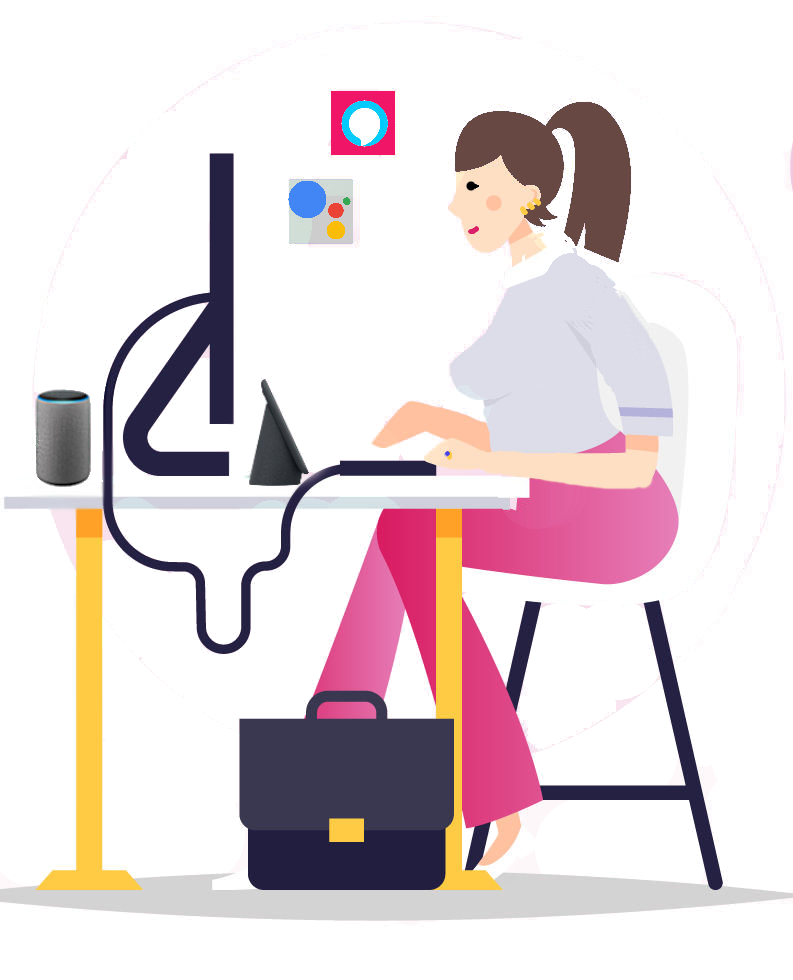Want to Write Better? Sleep — and Coffee — Are Critical for Peak Cognitive Performance
Want to writer better? You’ll probably need some sleep and a cup of Joe according to Sleep Cycle’s new report from the Sleep Cycle Institute, which examines the critical role sleep plays in learning and memory.
The Sleep Cycle Institute Sleep and Memory Report draws on the research and expertise of Sleep Cycle Institute panelist Frida Rångtell, with a Ph.D. from the Department of Neuroscience at Uppsala University, Sweden, and survey data collected by Propeller Research on behalf of Sleep Cycle.
Don’t You Forget About Me
“Sleep helps us process memories and emotions, stabilize and restore motor learning skills, consolidate short-term into long-term memories, and promote healthy cognitive function by cleaning the brain of toxins and decay,” said Dr. Rångtell. “If you want a high-functioning brain, you need all of the different phases of sleep, and you need them in the right order. For memory in particular, REM sleep, slow wave sleep, and ‘sleep spindles’ — bursts of neural oscillatory activity — all seem to be very important.”
What else should people know about memory and sleep? According to Dr. Rångtell:
Enough is as good as a feast. We know that 7-9 hours of sleep is the ideal amount for most people and that fewer than seven hours can be detrimental. But evidence suggests that a regular surplus of sleep is linked to cognitive decline.
Pay attention to your chronotype. If you are an “evening person,” you’ll do your best learning later during the day. If you’re a “morning person,” you’ll do your best learning in the morning or earlier during the day. But your chronotype isn’t absolutely fixed — it will likely shift as you age.
Don’t sleep and drive. When you are sleep-deprived and forcing yourself to stay awake, you run the risk of “microsleep” in which some or all of your brain goes to sleep for short periods of time. This is particularly dangerous when driving.
Sleep better, learn better. Sleep impacts post-learning of newly encoded fine and gross motor skills. So, if you’re learning a new sport, job or other performance-related skill, don’t skimp on sleep.
Men may be able to do more with less. Recent research suggests that sleep deprivation may affect the working memory performance of women more than men.
How Do You Take Your Coffee?
More than two-thirds (70%) of Americans feel their cognitive performance is affected when they don’t get enough sleep, and an equal number (70%) say they need at least one cup of coffee before they can function at peak level for the day.
This is truer of some Americans than others:
Only 61% of Americans 55+ say their cognitive function is impaired by lack of sleep, compared with 73% of those under the age of 55
Seniors are also less reliant on coffee: 37% don’t drink coffee to achieve peak cognitive function, compared to just 27% of other Americans
People in the northeast of the U.S. drink the most coffee: 81% need a daily cup of joe, compared to 68% of other Americans
Men seem more reliant on coffee than women: 48% need more than two cups to achieve peak cognitive performance, compared to just 39% of women
Most Americans (65%) have dreams about their work; almost half (48%) say they dream about work at least monthly. There seems to be good reason for this: research shows that dreaming about a task can actually help people to perform it better, although fewer than half (45%) of Americans believe this to be true of themselves.
“We process new information when we sleep,” said Dr. Rångtell. “This is when we turn specific information into more general knowledge — in other words, we get the ‘gist’ of the new information we’ve learned. We also integrate new memories with previous knowledge, so dreaming of a memory task can improve it while we sleep.”
About the Survey
The national survey of over 1,000 U.S. adults was conducted online by Propeller Insights on behalf of Sleep Cycle in August 2019.
About Sleep Cycle
Sleep Cycle is the world’s most popular intelligent alarm clock app that analyzes users’ sleep, records findings and wakes them during their lightest sleep phase so they feel rested and refreshed. The app generates nightly sleep reports, tracks long-term sleep trends, and logs how daily activities impact sleep quality. With millions of users worldwide, Sleep Cycle has also become the world’s richest repository of data on global sleep habits. The Sleep Cycle Institute puts this data in the hands of five multidisciplinary health and wellness experts to provide individuals and public policy makers with deeper quantitative insights into the relationship between sleep and overall health and well-being.
For more information — and real-time, interactive sleep data from around the world — visit https://www.sleepcycle.com/.










